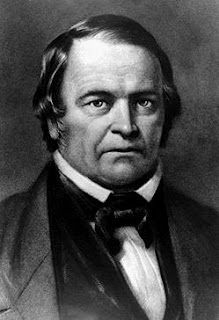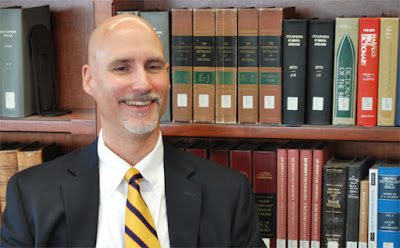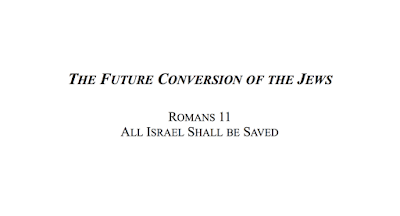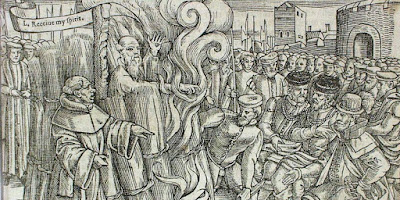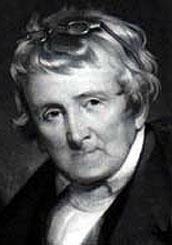Posts
Showing posts from April, 2016
5 Ways to Know if You are Backsliding
- Get link
- Other Apps
Scotland's Protestant Martyrs: Thomas Forret
- Get link
- Other Apps
What The Spirit Is Doing Or What We Are Saying? Distinguishing Reformed And Pentecostal Piety
- Get link
- Other Apps
“He loved them to the last” by J.C. Ryle
- Get link
- Other Apps
Why We Have No Appetite for Fasting
- Get link
- Other Apps
Recommended Sermon: How to provide a Godly Heritage
- Get link
- Other Apps
The Liberating Power of the Spirit
- Get link
- Other Apps
Unconditional Election, Mercy, and Assurance (Knox)
- Get link
- Other Apps
God's Ambassadors: The Westminster Assembly and the Reform of the English Pulpit, 1643-1653
- Get link
- Other Apps
What are the keys of the kingdom of heaven?
- Get link
- Other Apps
The Future Conversion of the Jews (1)
- Get link
- Other Apps
The Advantages of Persecution (Brooks)
- Get link
- Other Apps
Reformation Scotland: The Best Way to Make Mature Disciples
- Get link
- Other Apps
What difference is there between the Lord's supper and the popish mass?
- Get link
- Other Apps
Cowardice, Courage, and the Death of Cranmer
- Get link
- Other Apps
Man's Totally Helpless Condition
- Get link
- Other Apps
Do then the bread and wine become the very body and blood of Christ?
- Get link
- Other Apps




